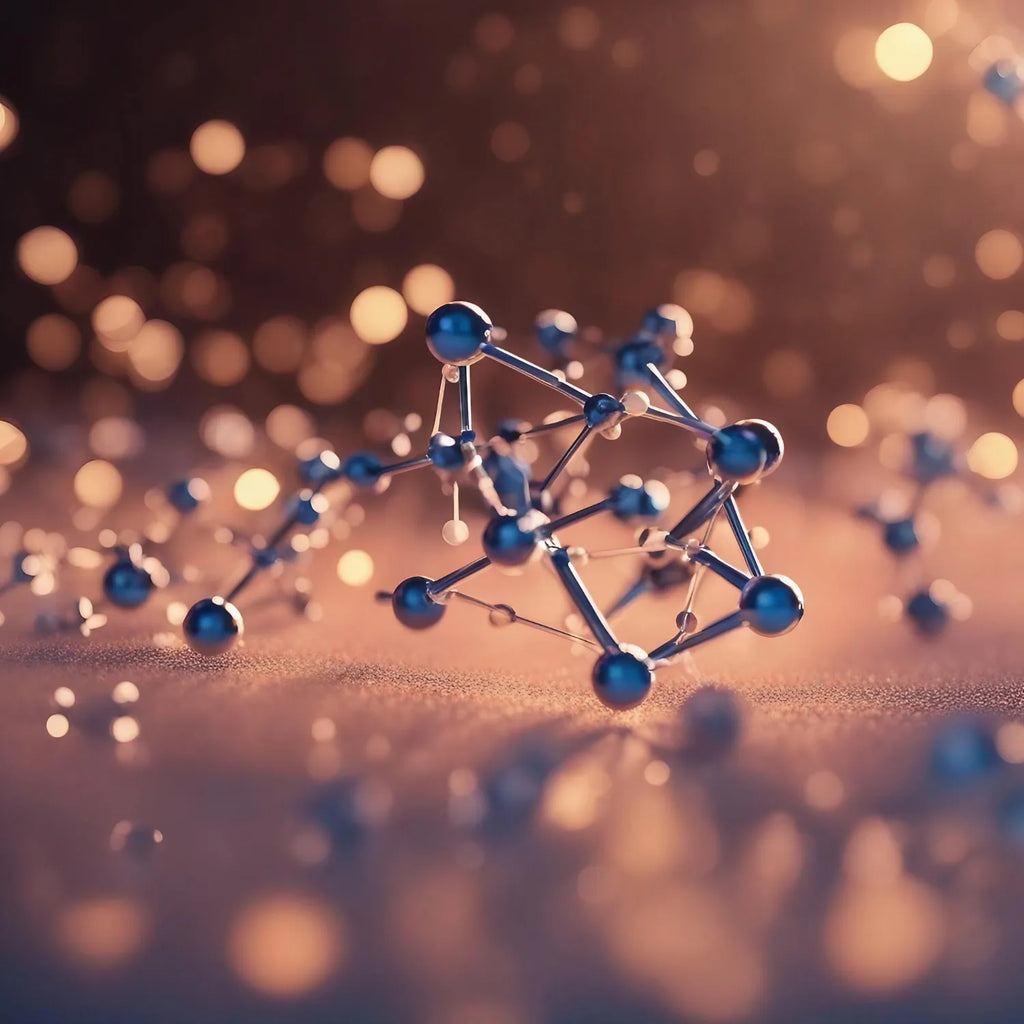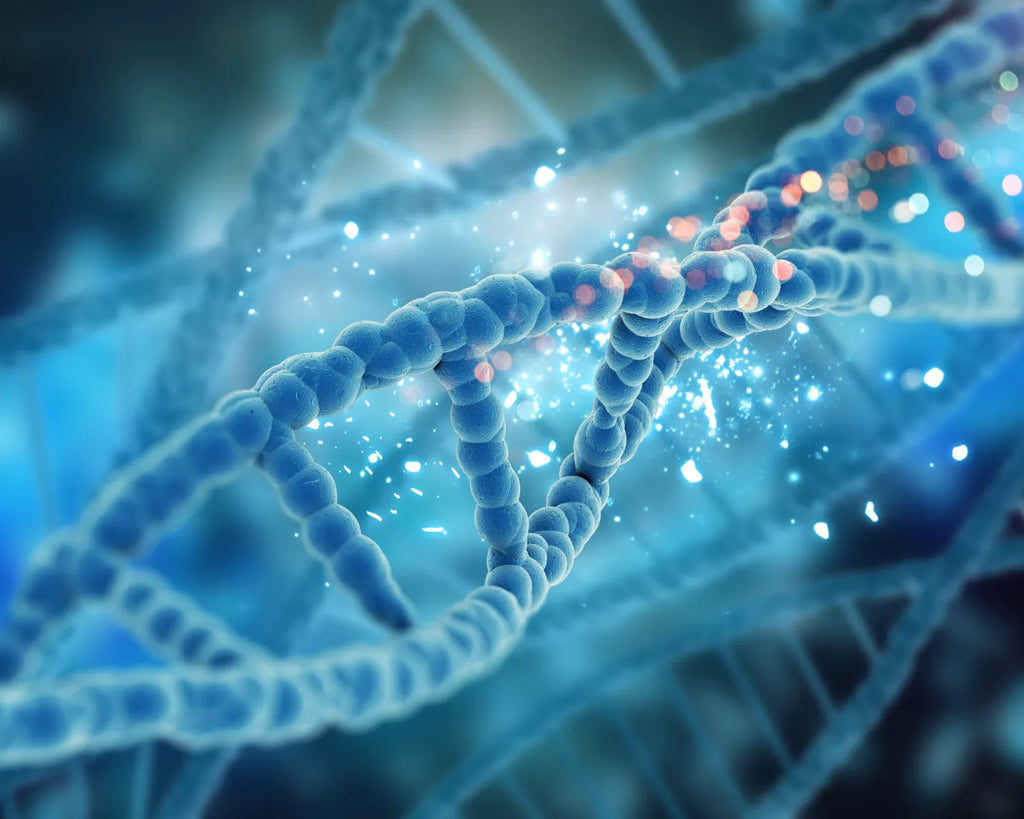
In the relentless pursuit of extending the human lifespan and combating the effects of aging, scientific research has uncovered numerous promising avenues. One of the most exciting breakthroughs in recent years is Nicotinamide Mononucleotide, a molecule with the potential to revolutionize the field of anti-aging. In this blog, we'll delve into the future of NMN and what to expect in the world of anti-aging research.
The Rising Star: NMN Explained
Before we peer into the future, let's grasp the basics of Nicotinamide Mononucleotide. Nicotinamide Mononucleotide is a naturally occurring compound found in our cells, playing a pivotal role in the production of nicotinamide adenine dinucleotide (NAD+). NAD+ is crucial for various cellular processes, including DNA repair and energy metabolism. As we age, NAD+ levels decline, contributing to the aging process. NMN, often referred to as a NAD+ precursor, has gained significant attention for its potential to boost NAD+ levels and mitigate age-related health issues.
The Current State of NMN Research
Nicotinamide Mononucleotide research has made remarkable strides in recent years, with a surge in scientific interest and investment. Studies on mice have shown promising results, including improved metabolism, enhanced muscle function, and increased lifespan. While these findings are exciting, the translation to humans is still in progress.

As of now, NMN supplements are available on the market, although their efficacy and safety for long-term use require further investigation. Researchers are conducting clinical trials to better understand the compound's effects on humans, including its potential to combat age-related diseases such as diabetes, cardiovascular issues, and neurodegenerative disorders.
The Future Promises of Nicotinamide Mononucleotide
In the realm of anti-aging, Nicotinamide Mononucleotide holds the promise of extended longevity, disease prevention, and personalized regimens.
Enhanced Longevity
One of the most anticipated outcomes of Nicotinamide Mononucleotide research is the potential for enhanced longevity. If ongoing studies continue to yield positive results, NMN could become a key player in the quest to extend human lifespan. Imagine a future where aging is no longer synonymous with decline but with vitality and longevity.
Age-Related Disease Prevention
NMN's impact on age-related diseases holds immense promise. Research suggests that boosting NAD+ levels through supplementation may help prevent or mitigate conditions like Alzheimer's disease, Parkinson's disease, and diabetes. Such breakthroughs could dramatically improve the quality of life for millions of people.
Personalized Anti-Aging Regimens
As Nicotinamide Mononucleotide research advances, personalized anti-aging regimens may become a reality. Genetic and lifestyle factors can influence how our bodies respond to NMN, and future treatments may be tailored to individual needs. This personalized approach could optimize the benefits of Nicotinamide Mononucleotide for each person.

Ethical Considerations
While the potential benefits of Nicotinamide Mononucleotide are exciting, ethical considerations surrounding its use in extending the human lifespan must be addressed. Questions about access, affordability, and the potential for increasing inequality need careful consideration as this research progresses.
Conclusion
The future of NMN in anti-aging research is brimming with promise. As scientists delve deeper into its potential benefits and safety, we may witness a paradigm shift in how we perceive and experience aging. Enhanced longevity, disease prevention, personalized regimens, and ethical discussions are all part of the journey toward unlocking the secrets of Nicotinamide Mononucleotide. Contact us for more information.





